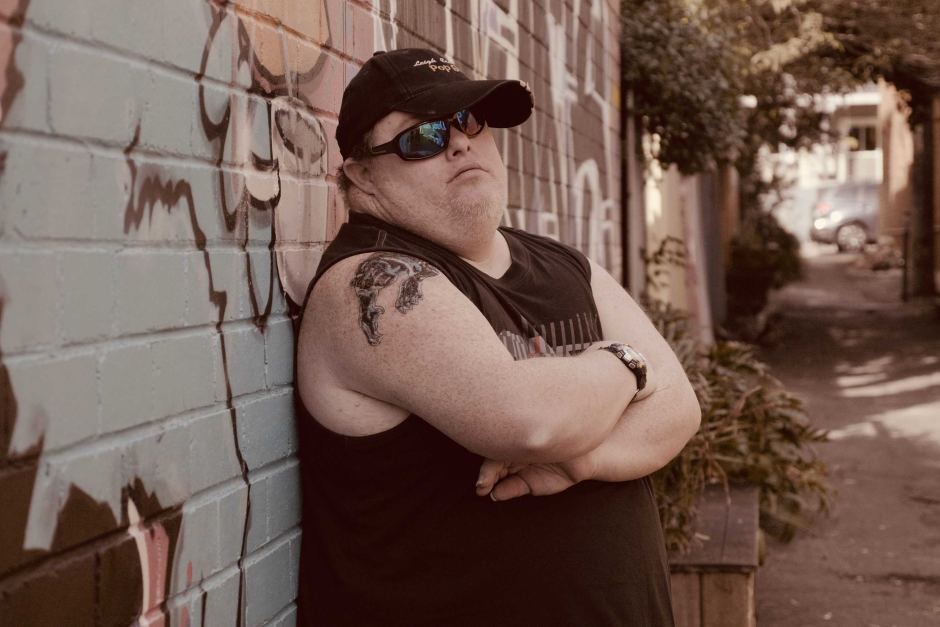Throughout history, innovators and philanthropists have sought out ways to help the lives of the handicapped. From the invention of sign language to high-tech wheelchairs, emerging technology has made a huge impact on the lives of disabled adults and children. And now speech assist technology is not just helping to facilitate communication for the disabled, but also allowing them to lay down some pretty sweet tracks as well.
MC Jaco (Jacob Hughes) and The King (Robert King), are just like many other aspiring artists around the world. They love hip-hop music and fashion, they have an entourage of their peers, and most notably, they want to make music that makes a difference. But whereas other aspiring artists write about money, cars, and women, Hughes and King’s lyrics are far deeper including discrimination, family and relationships, bullying awareness and prevention, abuse and neglect, and more.
The end result? “This is My World,” a song by Hughes, King, and many of their peers in Speak Up Hunter, a disability support group turned Hip-Hop collective.
While writing a song is a feat in of its own, Hughes, King, and many of their peers in Speak Up Hunter, a disability support group from Australia, have trouble communicating verbally. Yet thanks largely in part to speech assist technology (the type of technology was most notably used by the late famous astrophysicist Stephen Hawking to communicate using an electronic voice in lieu of his own), the group has been able to live out their musical aspirations.
The artists wrote verses that were then programmed into the devices, allowing their lines to be spoken- or rapped. Better yet, the technology is so advanced that it even captures their accents and sounds far less computerized than Dr. Hawking’s famous voice assist technology just a few short years ago.
While the ideas belonged to the group’s members, who all struggle with some form of physical and/or mental disability, Shane Tunz, an award-winning youth worker, assisted in finessing the song’s to collaborate with the members on the song’s message, chorus, and lyrics. According to Tunz, hip-hop has a deceptively simple yet powerfully effective vehicle for conveying the group’s message. “From its infancy in New York City, back in the late 1970s, it’s poetry at its simplest in a sense,” he said in a recent interview.
As Speak Up Hunter continues to make poetry that emphasizes inclusion and diversity, technology continues to advance for the betterment of society- and Hip-Hop.
